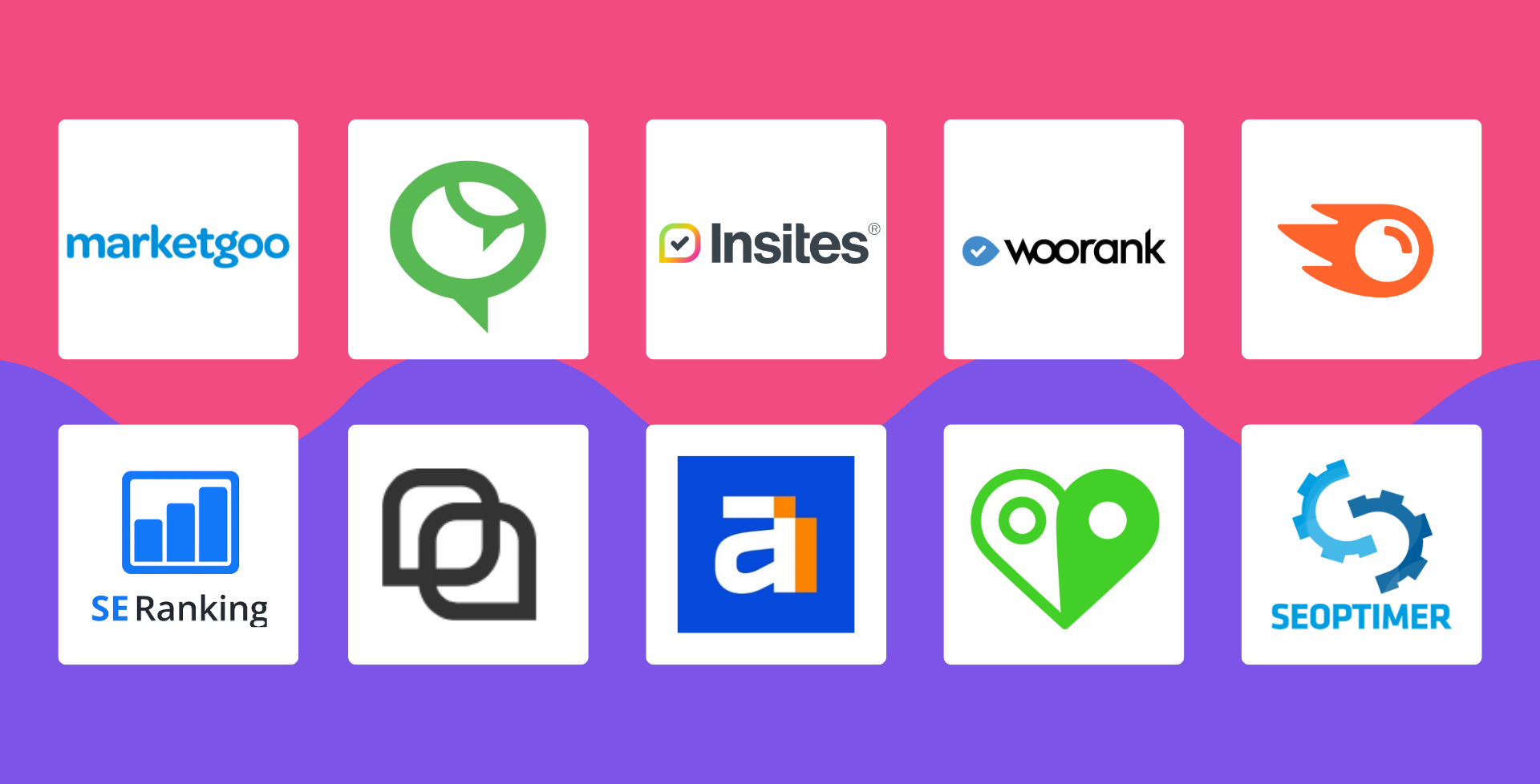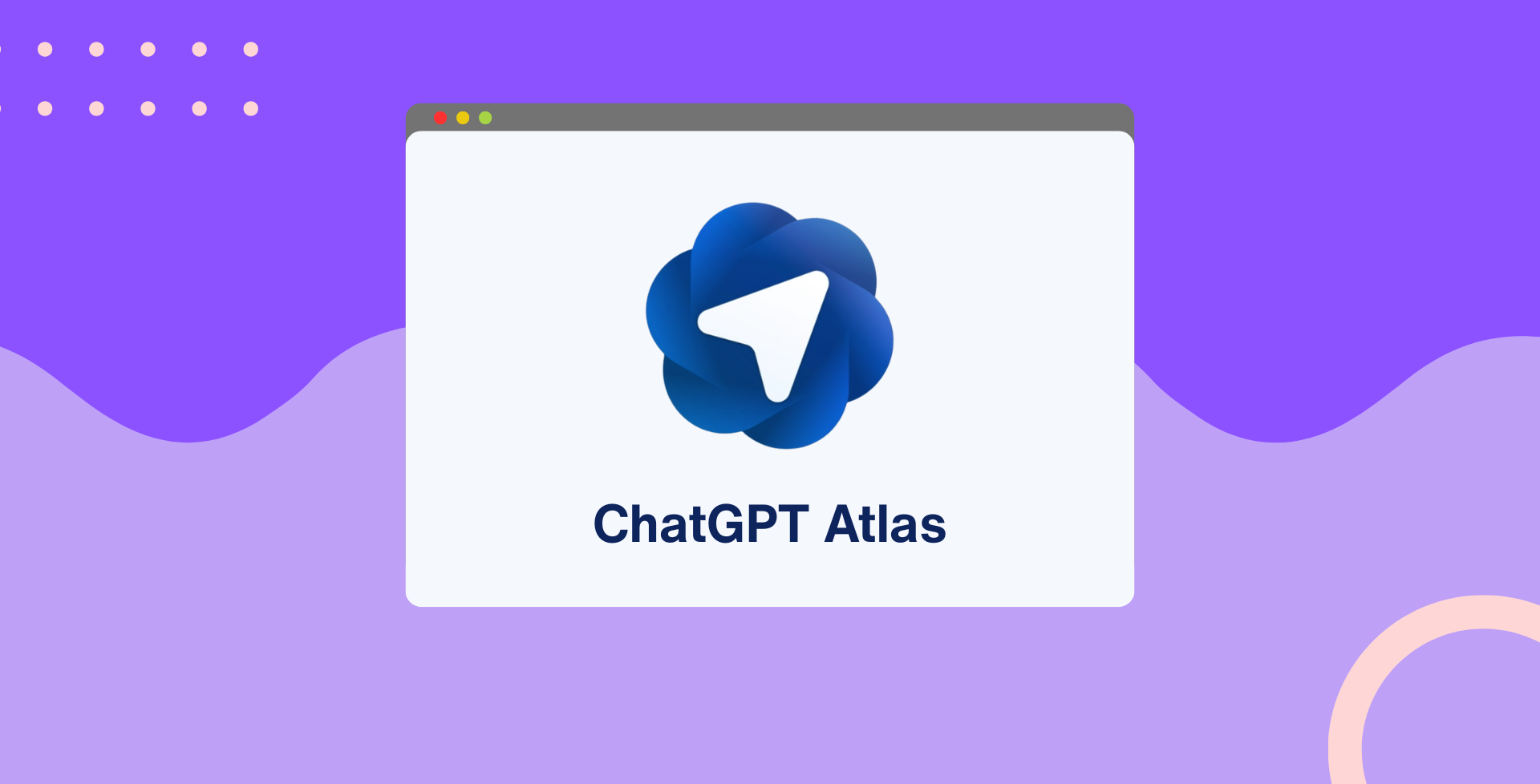An SEO audit is the process of auditing a business or brand’s SEO; this includes finding and fixing content, scanning keyword optimisation, identifying page update opportunities and more.
The SEO audit includes:
- Alternative text
- Amount of content
- Domain age
- Headings
- Last update
- Link text
- Google rankings
- Organic referrals
- Sitemap
- SSL encryption
- Titles and descriptions
- Performance score
- Major content displayed
- First content displayed
- Layout stability
- Core web vitals
- Backlinks
The purpose of an SEO audit is to understand how well a website is performing, and what improvements could be made to ensure a website or brand is ranking higher on search engines.
What is a Local SEO audit?
A local SEO audit should cover everything in a traditional audit, but also include local SEO factors:
- Listing consistency
- Local listings
- Google Business Profile
- Google local pack
- Voice search check
- Contact details
What are the types of SEO?
There are five types of SEO that will impact your visibility on search engines that you should be auditing:
- On-Page SEO Analysis
: assessing elements within the website, like content quality, keywords, meta tags, headings, internal linking structure and URL structure.
- Off-Page SEO Analysis
: this refers to the ranking factors outside of a website, for example, backlinks, guest posts and social media marketing.
- Technical SEO Assessment
: this refers to the technical aspects of your website, such as Core Web Vital scores, sitemap and backlinks, to name a few.
- Content Evaluation
: as the saying goes, content is king! A content evaluation reviews the quality, relevance, uniqueness, and engagement levels of the website’s content so that areas that are a little weaker can be improved and optimised.
- User Experience (UX) Analysis
: user experience refers to how users use your site, how accessible it is, page speed, whether it’s mobile responsive, and more.
When auditing SEO, it’s important to to audit all of these areas to ensure that all aspects of your SEO strategy are reviewed and optimised.
It’s common to see SEO audits that just focus on on-site or technical. But a good SEO strategy looks at these three types of SEO all together to get a full overview of where changes need to be implemented to optimise your website.
Which SEO audit tools do you need?
To effectively audit your website, you need hard data about your site and your competitors. But you can close your excel sheet – there are site audit tools out there to help you get all the information for your audit.
- Google Search Console: dashboards and reports from Google that give you a direct insight into your rankings and look at how to troubleshoot pressing issues.
- Insites: fast, comprehensive, and accurate insights into your website's SEO and overall online presence written in plain English to help you, or your clients, understand your SEO results and how to improve them.
- Semrush or
Ahfrefs: if you're an SEO expert, you'll likely already be using these tools. However, if you want to communicate the results of these reports, we'd suggest backing it up with a trackable, easy-to-understand Insites audit.
Why run an SEO audit?
SEO is always changing; from trending keywords to competitors trying to outrank you, your visibility on search engines can fluctuate or even deteriorate if you ignore it.
Think of it like a marathon. Rather than short sprints, like when running a marathon, you’re more likely to succeed if you take a steady pace.
So running an SEO audit will allow you to understand what’s changed, from your ranking to the stability of your site’s build.
Once you’ve run your first SEO audit, you can better manage your SEO’s health over time by running regular SEO audits to ensure your website is optimised, allowing for a better user experience and increased traffic.
What should an SEO audit achieve?
So you’ve audited a website, you’ve got all the hard data you need, and now you’re looking to understand what you’re looking at and what you’re looking to achieve.
- Identify weakness and opportunities:
your audit will uncover areas where the site is underperforming or missing best practices.
Based on your findings, you can create a strategy to address the problems, and find untapped opportunities to increase your visibility on search engines. - Improve search visibility and ranking:
an SEO audit will give you a clear indication of what your site’s problems are, and more importantly, what you can do to fix them.
Anything you improve off the back of your SEO audit will contribute to improved search engine visibility and climbing higher in SERPs which translates to more organic traffic, leads, and conversions. - Keep up to date with compliance and search engine guidelines:
this year alone there are two big compliance changes with the DSA legislation and Google Consent Mode v2.
We’d recommend using an SEO audit tool will help identify if your website is still compliant without having to do hours of research. - Improve user experience and engagement:
an SEO audit can give you a better idea of how easy your site is to navigate and how much information it gives your users.
Websites that are user-friendly attract and retain traffic, leading to higher value engagement and conversions. - Benchmarking and monitoring progress:
a monthly SEO audit will provide a benchmark that you can track over time.
By regularly monitoring your SEO efforts you can measure the impact of strategies and make data-driven decisions to continue optimising your online presence.
Run your SEO audit with Insites
Take the hard work out of running your SEO audit. Run an audit of any website in just 60 seconds when you sign up for Insites and receive an easy to understand, comprehensive overview of your online presence.


























